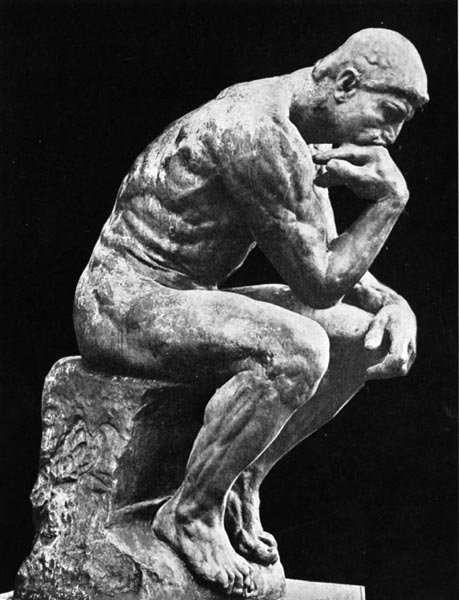Today, philosophy is perceived as a special science with its specificity along with all other scientific disciplines, namely, as a fundamental, general, introductory, universal science. Philosophy is a science of the world as a whole, a science of the first cause, of the essence, the main trends in the development of the world, and of the meaning, place and purpose of man in the world. Even Thomas Aquinas, following the ancient tradition, defines it as follows: "Philosophy is a science of the very first and last causes of all things explored by natural human reason." Fridrich Paulsen writes that the philosophy has the task of explaining the beginning, the essence, the last end, and the ultimate goal of things. In its content philosophy can be defined as a science of the essence, the last explanation, and the purpose of being.
Some other thinkers defines philosophy as a science of the world as a whole" and adds that it puts this definition in the same sense that Paulsen also puts in his above-mentioned definition. Secondly, because it is a science of the world as a whole, philosophy can be defined as a scientifically and rationally grounded worldview. Speaking in this respect, Wilhelm Wundt's definition is particularly well-known: "Philosophy is the general science that unites the achievements of individual sciences in a non-contradictory system and explores the common methods and prerequisites of knowledge applied in science. The task of philosophy is to bring together the achievements of science in a common worldview and worldview that satisfies the requirements of the mind and the needs of the heart. " This definition lies at the heart of the definition of Rudolf Isler: "Philosophy is a universal science of knowledge and practice, more precisely, a universal science of the underlying principles of the special sciences exploring these foundations with the aim, through basic scientific concepts and achievements to achieve a comprehensive, logically consistent, compliant and intelligent world view and worldview.
Philosophy is scientifically developed and expressed worldview. The aim of philosophy, according to "Introduction to philosophy" is to help create a worldview that will serve as a basis for our view of the world. Philosophy satisfies a certain need of the human spirit - a need for comprehensiveness and unity on a rational basis. At the same time, philosophy is an expression of this necessity. "Philosophy is where there is demand for the unity of spiritual life on the path of its rationalization. Philosophy explores basic concepts, prerequisites and principles that underlie all science. For example, all are called sciences, but no private science poses the problem of what science means. Everyone is looking for the truth, but no one examines the very concept of "truth." Everyone is looking, exploring parts of reality, but nobody asks what is "reality." Everyone is looking for the causes of one or other phenomenon, but no one asks what is the "reason". They apply methods, establish laws, acquire knowledge, but do not ask for the essence of these concepts: method, laws, knowledge, etc. This is done only by the philosophy which studies the most general concepts of science. But philosophy examines not only the concepts common to all sciences, but the basic notions of the special sciences separately. "While each special science has a certain share of the given, the basic science, philosophy is not interested in the various domains of the given, but has as its subject matter what it is at all, considering it in its most general definitions. This means: while bacteriology, botany and so on and talking about different types of bodies, the basic science philosophy wants to know what "body" is in general what it is

You have recieved a free upvote from minnowpond, Send 0.1 -> 10 SBD with your post url as the memo to recieve an upvote from up to 100 accounts!
Wow..it ia amazing post.. Good luck @godflesh